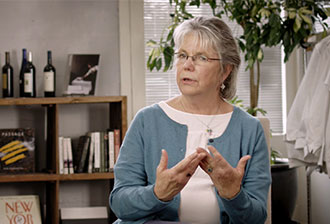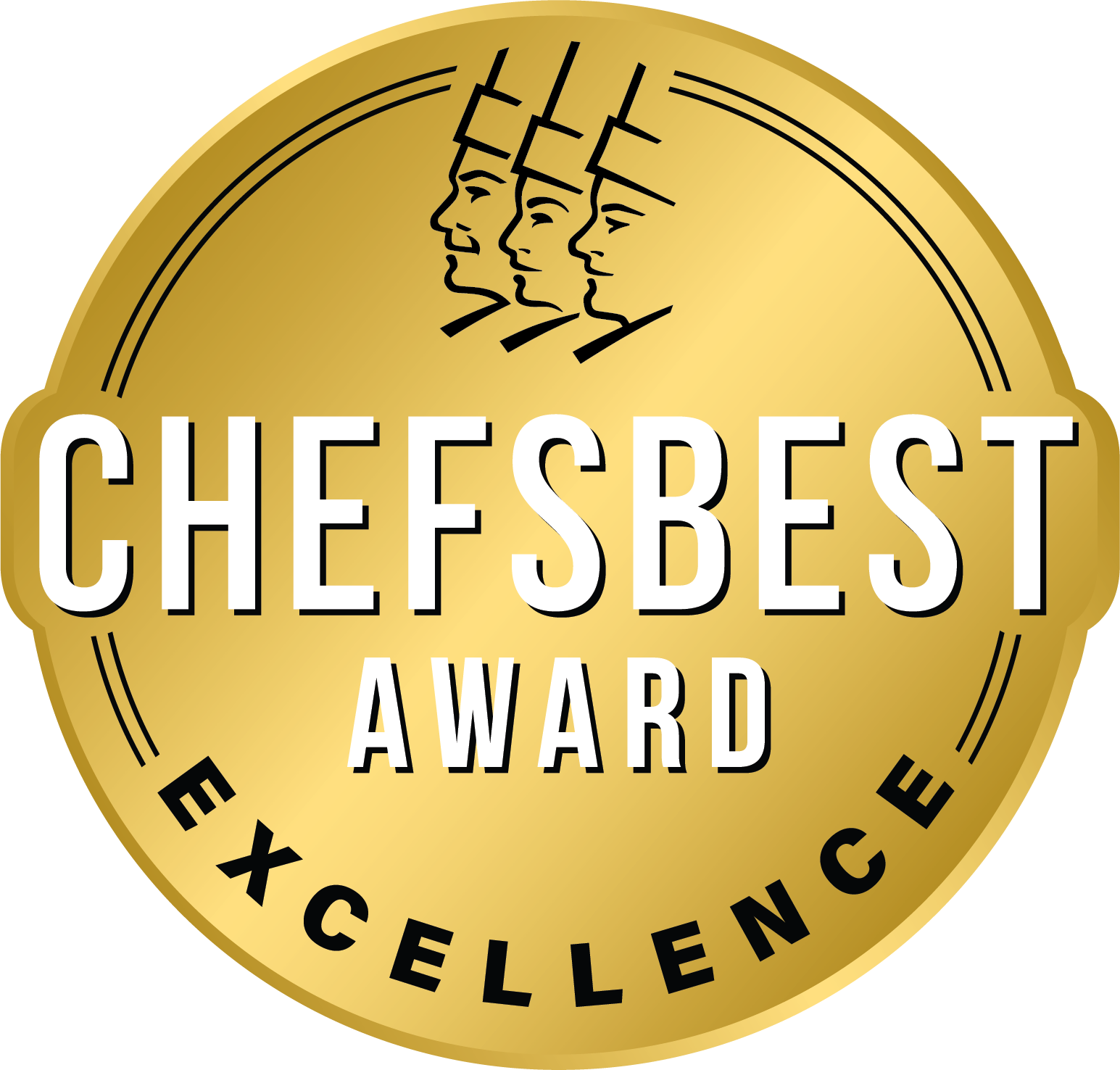Using Ad Claims in the Food Industry

What are some factors that manufacturers don’t necessarily know about using advertising claims in the food industry?
Advertising claims cover a wide range of statements concerning products, with some of the more popular being “new,” “new and improved,” or “preferred by moms 2-to-1” over a competing brand. Every claim, no matter where it is used, must be substantiated. They also all have a shelf life and may not be used indefinitely. Most ad claims on package are limited to a 6-month usage while claims used on TV may remain on air for about 12 weeks. When you consider the time and often exorbitant cost it takes to substantiate ad claims, that’s an extremely small window.
What type of research needs to be done in order to use an ad claim that measures product quality among consumers?
Claims involving consumers, whether they focus on quality or preference, can require the most rigorous research, especially when TV commercials are involved. Standard industry practices suggest that at least 4 to 8 representative cities from across the United States be selected to field the research with at least 100 or more consumers in each location participating. Once that pool is established, methodology, test execution, data collection and data analysis must follow exacting guidelines. Questionnaire development is critical to the results and potential challenges by competitors. Overall, it’s a very time consuming process that demands meticulous planning.
What claims does ChefsBest support and how does the organization’s proprietary process make it possible for brands to use those claims?
At ChefsBest, our methods are based on industry accepted sensory evaluation methods. Identifying high-quality and best-tasting foods is an objective process rooted in the expertise of Certified Master Tasters® who have undergone months of training in sensory acuity and our proprietary methodology. Using this methodology, which we call Sensory Attribute Quality Analysis®, our panel measures perceived intensities and uses each attribute to define quality. Recipients of the ChefsBest Taste Award earn superiority over other brands based on statistically higher overall quality mean scores. Once that recognition is received, they are eligible to use claims like “Best Taste” over leading brands or “America’s Best.” In either case, licensees enjoy category exclusivity.
There are actually two ChefsBest awards. Can you describe each and the claims associated with them?
The ChefsBest Best Taste Award is given to only one product in each category, which signifies to customers and buyers that only one brand has secured the distinction as best tasting. Best Taste recipients are eligible to use not only “Best Tasting” and “America’s Best” as described above, but also “Highest Quality.” There’s also the ChefsBest Excellence Award, which is granted to brands that surpass quality standards established by ChefsBest Certified Master Tasters. After being judged and rated on their own merits, Excellence Award winners are brands that meet benchmark standards within their respective product categories. These winners are eligible to use claims including “Endorsed by Professional Chefs,” “Award-Winning Taste,” and “Highly Ranked.”
How long can brands use an ad claim awarded to them by ChefsBest?
Products honored with the ChefsBest Best Taste Award are eligible to use associated ad claims for 3 years unless the product is modified or reformulated.
Learn more about ChefsBest food product awards and our evaluation process.
 Janet holds over 25 years of experience directing strategic research projects for CPG brands. Since beginning her career in sensory evaluation for Wilson Foods and Miller Brewing Company, she has held roles in consumer insight at Del Monte Foods, Clorox and Tragon, a full-service market research company. Janet is proficient in qualitative and quantitative research methodologies, and developing strategic consumer insights based on statistical data. In addition to being able to create and design research based on client objectives, she holds expertise in advertising claims substantiation. Janet earned her master’s degree in food science and technology from University of California, Davis.
Janet holds over 25 years of experience directing strategic research projects for CPG brands. Since beginning her career in sensory evaluation for Wilson Foods and Miller Brewing Company, she has held roles in consumer insight at Del Monte Foods, Clorox and Tragon, a full-service market research company. Janet is proficient in qualitative and quantitative research methodologies, and developing strategic consumer insights based on statistical data. In addition to being able to create and design research based on client objectives, she holds expertise in advertising claims substantiation. Janet earned her master’s degree in food science and technology from University of California, Davis.
